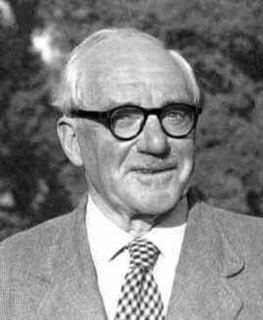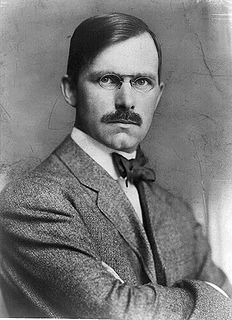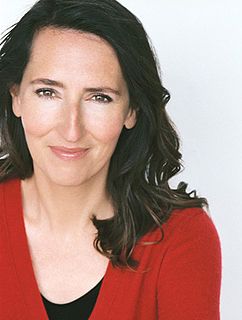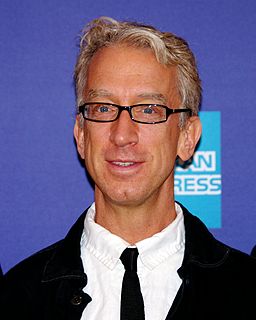A Quote by John Edensor Littlewood
The theory of numbers is particularly liable to the accusation that some of its problems are the wrong sort of questions to ask. I do not myself think the danger is serious; either a reasonable amount of concentration leads to new ideas or methods of obvious interest, or else one just leaves the problem alone. "Perfect numbers" certainly never did any good, but then they never did any particular harm.
Quote Topics
Accusation
Alone
Amount
Any
Ask
Certainly
Concentration
Danger
Did
Either
Else
Good
Harm
Ideas
Interest
Just
Leads
Leaves
Liable
Methods
Myself
Never
New
New Idea
New Ideas
Numbers
Obvious
Particular
Particularly
Perfect
Problem
Problems
Questions
Reasonable
Serious
Some
Sort
Then
Theory
Think
Wrong
Related Quotes
The idea that business is strictly a numbers affair has always struck me as preposterous. For one thing, I've never been particularly good at numbers, but I think I've done a reasonable job with feelings. And I'm convinced that it is feelings - and feelings alone - that account for the success of the Virgin brand in all of its myriad forms.
Did either the nonexistent or the measured response after a series of attacks on Americans the past decade - in Lebanon, Africa, Saudi Arabia, New York, and Yemen - suggest to our terrorist enemies that it was wrong and unwise to kill reasonable and affable people, or did the easy killing imply that self-absorbed and pampered Lotus-eaters would not much care who or how many were butchered as long as it was within reasonable numbers and spread out over time?
When you ask why did some particular question occur to a scientist or philosopher for the first time, or why did this particular approach seem natural, then your questions concern the context of discovery. When you ask whether the argument the philosopher puts forth to answer that question is sound, or whether the evidence justifies the scientific theory proposed, then you've entered the context of justification. Considerations of history, sociology, anthropology, and psychology are relevant to the context of discovery, but not to justification.
I never did any training in journalism or in finance, so I really was in the deep end. I got very good at going to press conferences and nodding. I'd figure it out when I got back to the office. Charts and numbers. I've never been great with facts, ever, my whole life. For a journalist, that's not a very good trait.
I didn't think I was good at anything, didn't do well in school. And then in the third grade, I was going to a public school. And the teacher was putting math problems on the board. And I said to myself - it's amazing how you can remember certain incidents at any age that made an impression - I asked myself why is she putting those up when the answers are obvious. And then I saw it wasn't obvious to anybody else in the class. So I said, "Hey, I'm good at something."
Write down your barrier thoughts, and then consider ways to reinterpret the situation. In the process, ask yourself questions like... What else could this situation or experience mean? Can anything good come from it? Does it present any opportunities for me? What lessons can I learn and apply to the future? Did I develop any strengths as a result?
When I first started performing, some people were there just out of curiosity. I think that happens less often then you'd think, but when it is happening it's very obvious and I can tell what's going on. I had some of that in the beginning, but I think that ultimately I got a pretty strong fan base based on just my personality alone, and my honesty, my music. So it wasn't based on anything else, and I did notice if someone else came looking for something else, they'd probably leave, or complain it was too loud or something.
He very nearly stole a scene in my movie, and I didn't call him on it because I was just like, Hey, I saw some stuff on SuperDeluxe and how many different films do you have on there? And he goes, This one, this one, Comedy by Numbers and this one and one called 'Bob Pitches a Movie.' And I'm like, Oh! And then I was thinking he would say, which is very similar to the one to the one I did in your movie, but he never did. I just let it go. I don't care.
A very strong player can manage and can just know how to manage a thousand positions. I get it; it's a very arbitrary number. So then you have the world champion who could do more. But, again, any increase in numbers creates, sort of, a new level of playing. And then you go to the very top, and the difference is so minimal, but it does exist. So even a few players who never became world champion, like Vassily Ivanchuk, for instance, I think they belong to the same category.







































